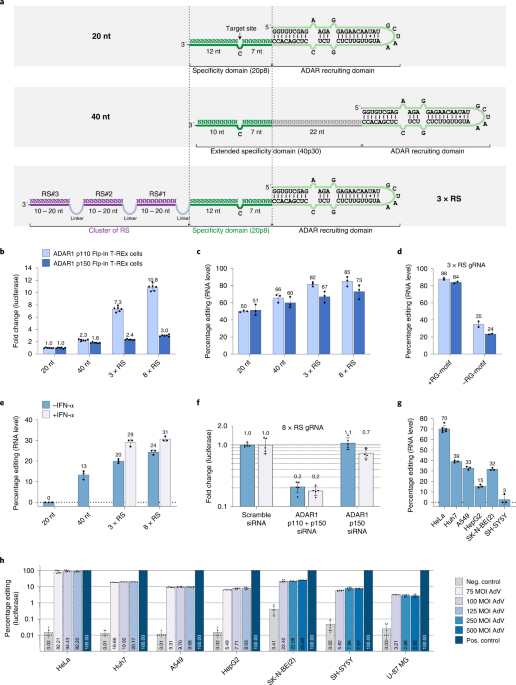Fast-acting antidepressants like ketamine, scopolamine, and psilocybin bring quick and lasting mood improvements in depression. A recent study from the University of Bristol delved into their effects on memory and learning, revealing that all three drugs can positively influence emotional biases.
In collaboration with Compass Pathways, Boehringer Ingelheim, and the University of Cambridge, a study published in Science Translational Medicine on January 10 explores the effects of rapid-acting antidepressants (RAADs) in rats. The research team, using an affective bias test, discovered that treatments like ketamine and investigational COMP360 psilocybin could reduce negative affective biases linked to past experiences. These unique characteristics may explain the long-lasting effects of a single treatment.
The study suggests that the lasting effects of rapid-acting antidepressants come from changes in brain circuits controlling emotional biases. These changes affect how memories of past experiences are stored. The results are specific to low-dose emotional bias and occur in the prefrontal cortex, a mood-regulating brain region. Professor Emma Robinson, the lead author, emphasizes the significance of understanding how these drugs quickly improve mood by influencing emotional biases tied to past experiences.
Emma Robinson, Professor of Psychopharmacology in the School of Physiology, Pharmacology & Neuroscience at Bristol and lead author, said, “We also found differences in how ketamine, scopolamine, and COMP360 psilocybin interact with these neuropsychological mechanisms, which may explain why the effects of a single treatment in human patients can be long-lasting, days (ketamine) to months (psilocybin).”
“Using an animal model, we have been able to investigate these important interactions with learning and memory processes and neural plasticity and propose a two-stage model that may explain the effects we observe.”She added.
In a test, animals learned associations between digging materials and food rewards under treatment or control conditions. Rapid-acting antidepressants (RAADs) like ketamine, scopolamine, or psilocybin, given acutely, blocked negative affective bias retrieval. The most intriguing discovery came 24 hours post-treatment: low doses of ketamine and psilocybin prompted a re-learning effect, turning negative memories into more positive ones. Psilocybin uniquely influenced new experiences positively, distinguishing it from ketamine and scopolamine.
Digging deeper into ketamine’s re-learning effects, researchers discovered they depend on protein synthesis, occur in the prefrontal cortex, and respond to cue-reactivation. These align with predictions of experience-driven brain changes. The study suggests a neuropsychological mechanism connecting the rapid and lasting effects of antidepressants to neural plasticity, potentially influencing mood.
In conclusion, new research suggests that the positive effects of fast-acting antidepressants could be due to their impact on the brain. Understanding these neuropsychological effects may help explain the benefits seen in clinical settings.
Journal reference:
- JUSTYNA K. HINCHCLIFFE, SARAH A. STUART et al., Rapid-acting antidepressant drugs modulate affective bias in rats. Science Translational Medicine. DOI: 10.1126/scitranslmed.adi2403.
Note: This article have been indexed to our site. We do not claim legitimacy, ownership or copyright of any of the content above. To see the article at original source Click Here












